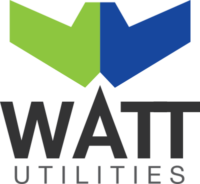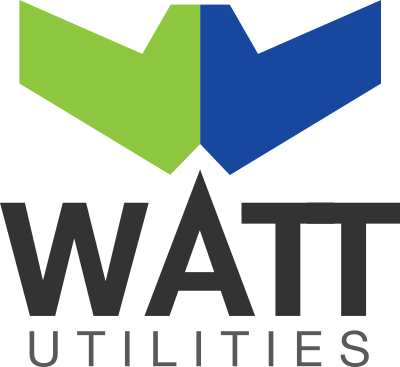
As of July 1, 2024, mandatory sustainability reporting will become a pivotal requirement for businesses across various sectors. This significant shift underscores society’s growing awareness of environmental, social, and governance (ESG) factors and their impact on both the economy and the planet. Companies must adopt a proactive and strategic approach to comply with these regulations while also embracing sustainability as a core value.

Here’s a comprehensive framework to guide organizations through this transition:
Companies must familiarize themselves with the specific regulations governing mandatory sustainability reporting in their jurisdiction. This involves studying the legal framework, guidelines, and reporting standards set forth by relevant authorities. By gaining a clear understanding of the requirements, businesses can ensure compliance and avoid potential penalties or reputational risks.
A materiality assessment is essential for identifying the most significant sustainability issues relevant to the company and its stakeholders. This process involves evaluating environmental, social, and governance factors based on their potential impact on business operations, reputation, and long-term sustainability. By prioritizing material issues, organizations can focus their reporting efforts on areas that matter most to stakeholders and drive meaningful change.
Accurate and reliable data is the foundation of effective sustainability reporting. Companies must implement robust systems for collecting, analyzing, and managing sustainability-related data across their operations. This may involve integrating sustainability metrics into existing reporting frameworks, deploying specialized software solutions, and establishing clear data governance protocols to ensure data quality and integrity. This is where Smarter Communities and Watt Utilities can help you. Watt Utilities has the experience with their in-house software technology.
Engaging with stakeholders is critical for understanding their expectations, concerns, and priorities regarding sustainability performance. Companies should proactively communicate with investors, customers, employees, suppliers, and communities to solicit feedback, address grievances, and build trust. By fostering transparent and constructive dialogue, organizations can strengthen relationships, enhance accountability, and demonstrate their commitment to sustainability.
Sustainability reporting should not be viewed as a standalone exercise but rather as an integral part of overall business strategy. Companies should align sustainability goals with core business objectives, embedding ESG considerations into decision-making processes, product development, supply chain management, and risk mitigation strategies. By integrating sustainability into the DNA of the organization, companies can drive innovation, create value, and achieve long-term resilience.
Sustainability is a journey, not a destination. Companies should continually monitor, evaluate, and improve their sustainability performance over time. This involves setting ambitious targets, tracking key performance indicators, benchmarking against industry peers, and regularly reporting progress to stakeholders. By adopting a culture of continuous improvement, organizations can stay agile, responsive, and resilient in the face of evolving sustainability challenges. Watt Utilities are continuously improving their in-house software technology to be able to keep up to date with the market requirements.
Mandatory sustainability reporting represents a watershed moment for businesses worldwide, signalling a paradigm shift towards a more sustainable and responsible future. By embracing this transition with a proactive and strategic approach, companies can not only comply with regulatory requirements but also seize opportunities to drive positive change, enhance competitiveness, and create shared value for society and the environment.



Fields marked with * are required.

Fields marked with * are required.